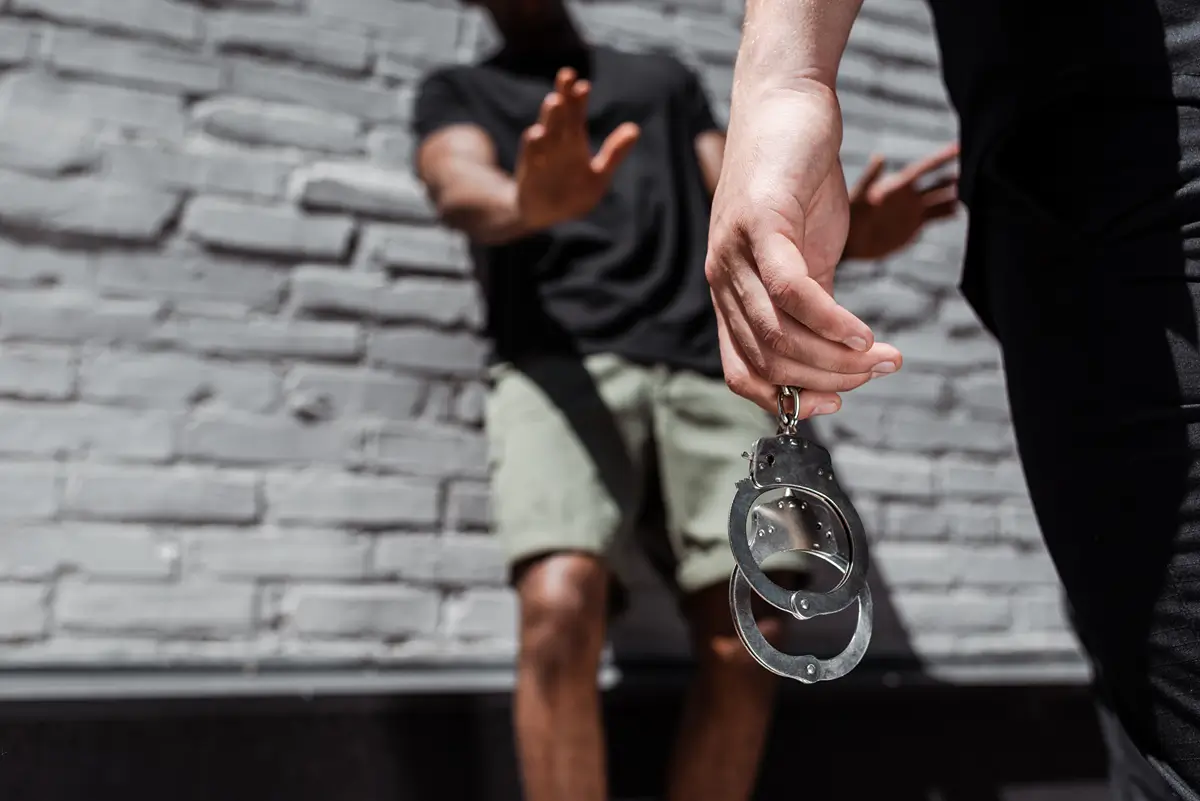Bail or Bond
Bail or Bond, which are terms used interchangeably by most people in the court system, refers to the conditions that need to be met in order to have a person released from jail after they’ve been arrested for a criminal offense. Most arrests are eligible to be released on bail, but there are three significant exceptions to this: if you’ve been rearrested for violating your probation or parole, you can be held without bail. Treason is listed specifically in the Indiana Constitution as not being eligible for bail. And if you’re charged with murder, it is presumed that you have no bail, but you can request a hearing asking that the Court consider you for bail. This is frequently not successful, and we recommend against it.
Bail in Indiana
Bail in Indiana normally takes one of four forms. Being released on your OWN RECOGNIZANCE means that you don’t need to post a bail to get out of jail, but you do need to return to court whenever ordered. A CASH BOND is exactly what it sounds like. These types of bonds are usually used for misdemeanor offenses. Cash bonds can be returned to you at the end of your case if you appear for all of your court hearings, or can be used to pay court costs or probation costs if you are convicted. A PERCENTAGE BOND is a form of cash bond used in more serious cases. With a percentage bond, you need to post ten percent of the bond in cash with the County Clerk. If you fail to appear for a court hearing, the Court can order whomever posted the 10% to either produce you or to produce the remaining 90% of the bond as a forfeiture. Much like with a cash bond, a percentage bond can be returned at the end of the case to whomever posted it, if you appear for all of your hearings. Finally, a SURETY BOND is a type of bond where you give 10% of the bond to a bail bondsman, and they file paperwork to get you released from jail. It’s VERY important for you to understand that you get NONE of a surety bond returned to you at the end of your case, even if you appear for all of your hearings. That 10% is how the bondsman makes their money, and they will keep it.
By law, bail is only supposed to be set in an amount reasonably necessary to ensure that a defendant isn’t a flight risk, and that any witnesses or the community as a whole are kept safe while the case is pending. Most counties have standardized bond schedules that work on the theory that a particular bond is appropriate for a particular type of offense. If you disagree with the amount of your bond, you can have your attorney request a bond review hearing to argue why your bond is too high. Besides the general severity of the alleged crime, the next thing that most heavily influences the amount of a bond is a person’s criminal history. If you’ve been thru the system multiple times, and especially if you’re on probation or out on bond for another offense, be prepared to pay a higher bond than other people charged with your same offense.
Finally, even if you are released on bond the Court has the authority to place restrictions on you as part of your pre-trial release. These restrictions can vary depending on the type of offense that you’re alleged to have committed, but can include orders to not have any contact with a particular person, GPS monitoring, alcohol monitoring, random drug testing, and even home detention. It may seem unfair that the Court is making you jump thru hoops while you’re presumed innocent, but the authority to order these conditions comes from the Court’s ability to make sure that your bail is designed to keep the community safe, too. And, since the alternative is sleeping in a jail cell, staying clean while your case is pending isn’t the worst thing in the world.
When you or a loved one is arrested, you’ll be in a position of needing to decide pretty quickly whether to hire an attorney or to post bail. My STRONG recommendation is that you hire an attorney. If you post bail first, you may end up using all of your available money and have nothing left over to hire a good attorney. Also, if you have an attorney on your case, it may be possible to have whatever bond the Court has ordered lowered so that you aren’t paying as much, or to have that bond converted into a cash or percentage bond so that you have the opportunity to get it returned to you at the end of the case. Remember, you can’t get a surety bond returned to you, so paying that money without consulting an attorney, first, is like throwing your money away.
At Razumich & Associates, our goal is to make sure that each of our clients receives the personalized attention that their cases deserve so that they can make the best possible decisions on important matters affecting their future. We personally meet with everyone who sets an appointment with our office, and we will take as long as necessary to make sure that every question you have is answered as completely as possible. That’s our promise to you: we’re Lawyers Ready to Fight, and we look forward to fighting for you.






